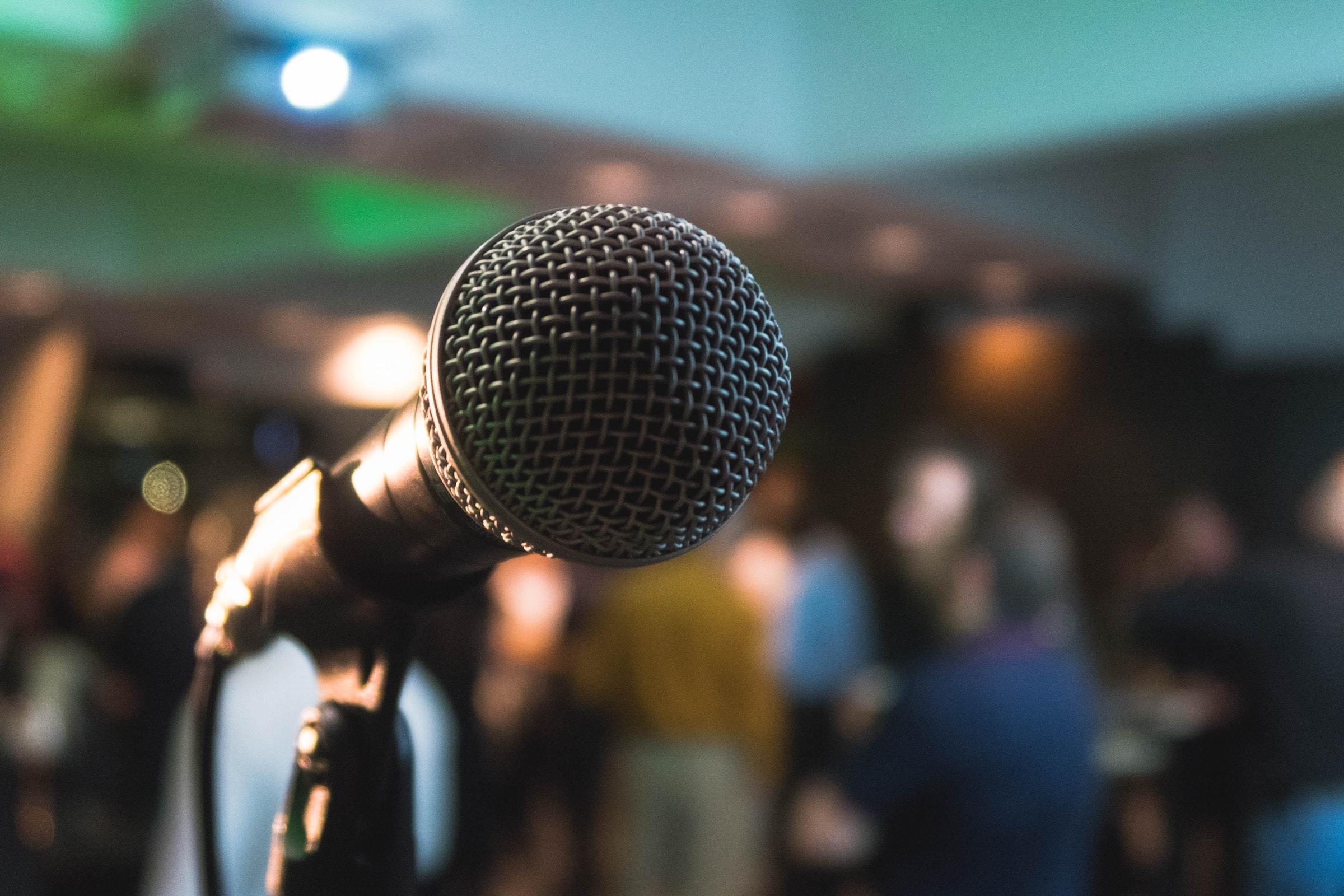"Where there is a will, there is a way." 뜻이 있는 곳에 길이 있다 -Korean Proverb
If you have just started learning Korean first of all, we congratulate you! You've most likely retained some or all of the 24 basic characters that make up Hangeul, the Korean alphabet. And, while you may be excited about your progress, you may be a little confused about the correct pronunciation of characters.
Not knowing the perfect pronunciation of words and characters is normal whenever you're learning a new language. Here's a table with basic pronunciation of Korean characters to help get you started:
| Type | Hangul | English Approximation |
|---|---|---|
| Consonant | ㄱ | g/k (as in "go" or "skill") |
| Consonant | ㄲ | kk (tense "k" sound) |
| Consonant | ㄴ | n (as in "no") |
| Consonant | ㄷ | d/t (as in "dog" or "stop") |
| Consonant | ㄸ | tt (tense "t" sound) |
| Consonant | ㄹ | r/l (flap like Spanish "r" or "l") |
| Consonant | ㅁ | m (as in "man") |
| Consonant | ㅂ | b/p (as in "boy" or "spa") |
| Consonant | ㅃ | pp (tense "p" sound) |
| Consonant | ㅅ | s (as in "see") |
| Consonant | ㅆ | ss (tense "s" sound) |
| Consonant | ㅇ | silent (initial) ng (final) |
| Consonant | ㅈ | j (as in "jar") |
| Consonant | ㅉ | jj (tense "j" sound) |
| Consonant | ㅊ | ch (as in "chop") |
| Consonant | ㅋ | k (as in "kite") |
| Consonant | ㅌ | t (as in "top") |
| Consonant | ㅍ | p (as in "pop") |
| Consonant | ㅎ | h (as in "hat") |
| Vowel | ㅏ | a (as in "car") |
| Vowel | ㅑ | ya (as in "yacht") |
| Vowel | ㅓ | eo (like "uh" in "son") |
| Vowel | ㅕ | yeo (like "yuh" in "yum") |
| Vowel | ㅗ | o (as in "go") |
| Vowel | ㅛ | yo (as in "yo-yo") |
| Vowel | ㅜ | u (as in "zoo") |
| Vowel | ㅠ | yu (as in "you") |
| Vowel | ㅡ | eu (as in "put" with tighter lips) |
| Vowel | ㅣ | i (as in "see") |
| Diphthong | ㅐ | ae (as in "care") |
| Diphthong | ㅒ | yae (as in "yeah") |
| Diphthong | ㅔ | e (as in "bed") |
| Diphthong | ㅖ | ye (as in "yes") |
| Diphthong | ㅘ | wa (as in "wand") |
| Diphthong | ㅙ | wae (like "wag") |
| Diphthong | ㅚ | oe (similar to "we") |
| Diphthong | ㅝ | wo (as in "wonder") |
| Diphthong | ㅞ | we (as in "wet") |
| Diphthong | ㅟ | wi (as in "week") |
| Diphthong | ㅢ | ui (mix of "eu" + "i") |

What Should I Know About Korean Vowels?

The pronunciation of vowels in Korean does not pose any particular difficulty for most language learners since sounds are very similar. So, how can I correctly pronounce Korean vowels? Let's take a look at the following diagram:
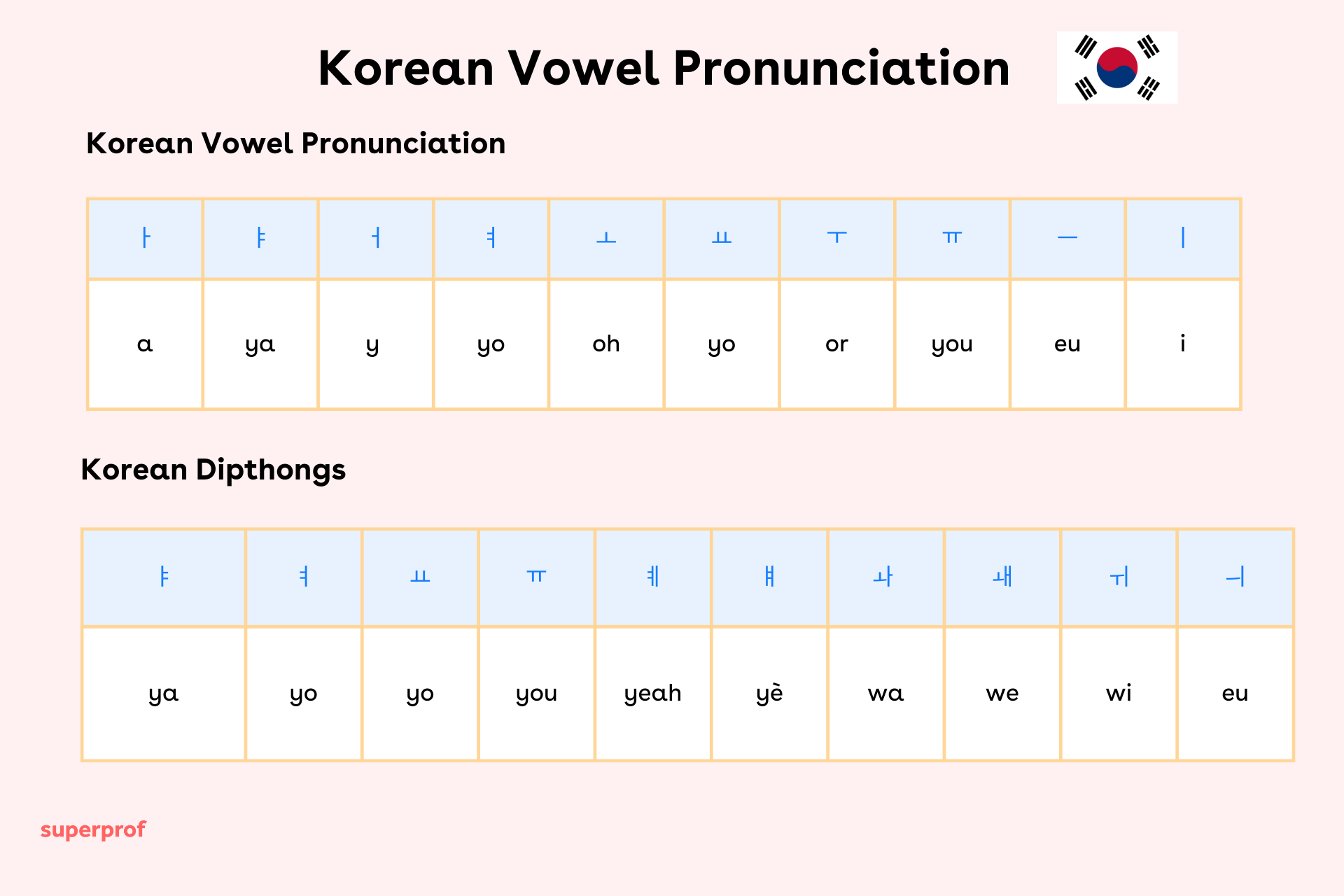
As you can see the phonetic sounds are relatively straightforward and won't pose any serious concerns. As for Korean diphthongs, also called compound vowels, they similarly do not pose great difficulties. Let's take a look at them in the list below:
- ㅑ: [ya]
- ㅕ: [yo]
- ㅛ: [yo]
- ㅠ: [you]
- ㅖ: [yeah]
- ㅒ: [yè]
- ㅘ : [wa]
- ㅙ : [we]
- ㅟ : [wi]
- ㅢ : [eu]
As you can see, the Korean alphabet is very similar to what is found in the English language or other European languages. For instance, only the letters ㅖ [yé] and ㅒ [yè] may seem complicated to grasp at first sight. One is pronounced with the mouth quite open, the other with the mouth rather closed.
To remember Korean letters, the ideal is to repeat them to yourself several times, especially aloud, which will allow you to familiarize yourself with their sounds.
Watching helpful YouTube videos with pronunciation practice can effectively help to master vowel sounds. Take a look at Korean language YouTube channels such as the following:
How Can I Correctly Pronounce Korean Consonants?
Truthfully, it's much more complex to master consonants than vowels. For example, you should know from the beginning that Korean consonants do not sound the same depending on their location in a syllable.
Correctly identifying the sounds of distinct consonants is paramount since the difference is might not be obvious to an uninitiated ear, but it can make all the difference when you are in front of native Korean speakers. So, how can I pronounce Korean correctly? Let's look at the following table:
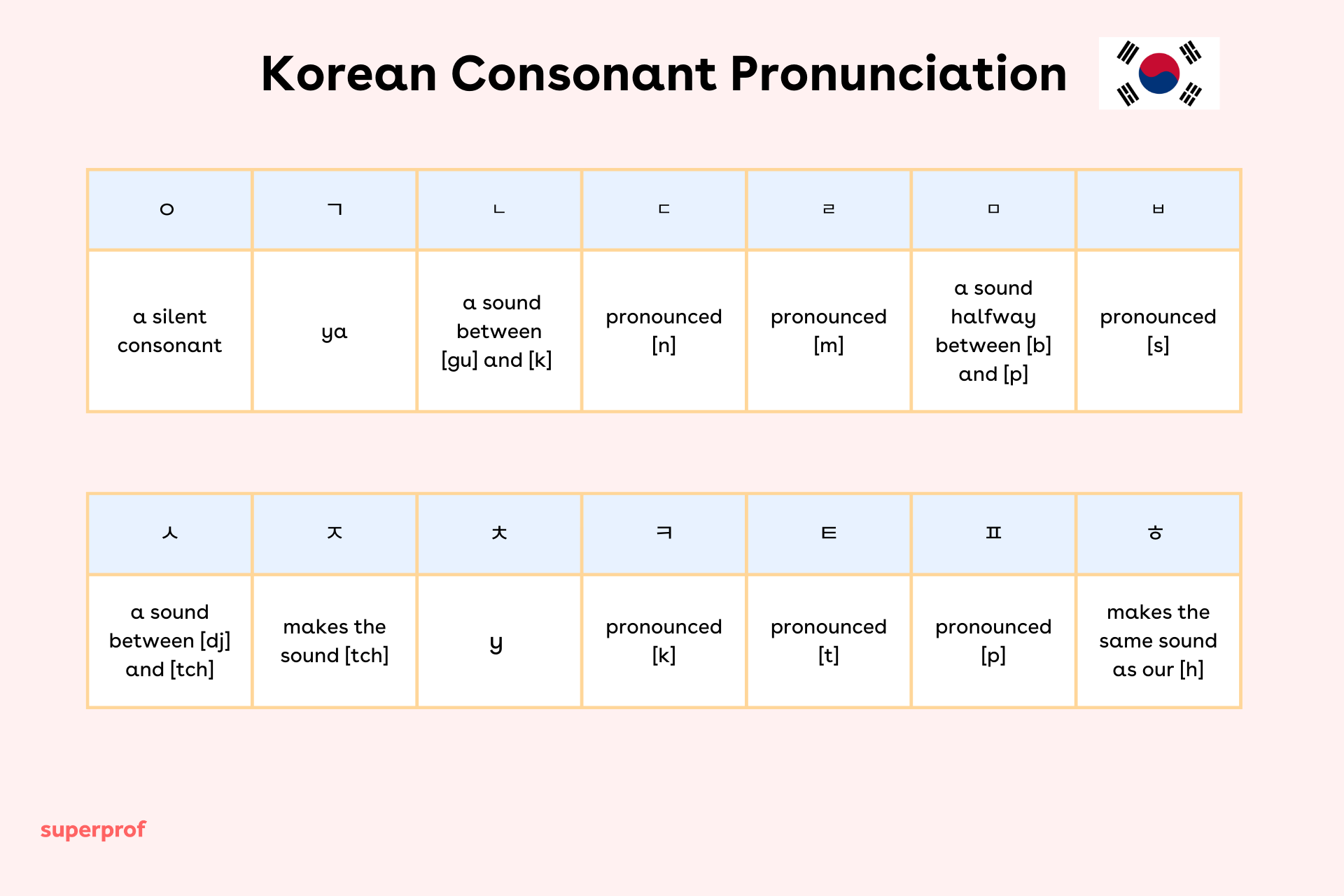
Now let's see what a Korean consonant sounds like when placed at the end of a syllable.
Consonants at the End of a Syllable
Korean is not a difficult language to learn, although it has, like any other language it has exceptions and specific grammar rules that need to be learned. Such as? The way that consonants at the end of a syllable are pronounced:
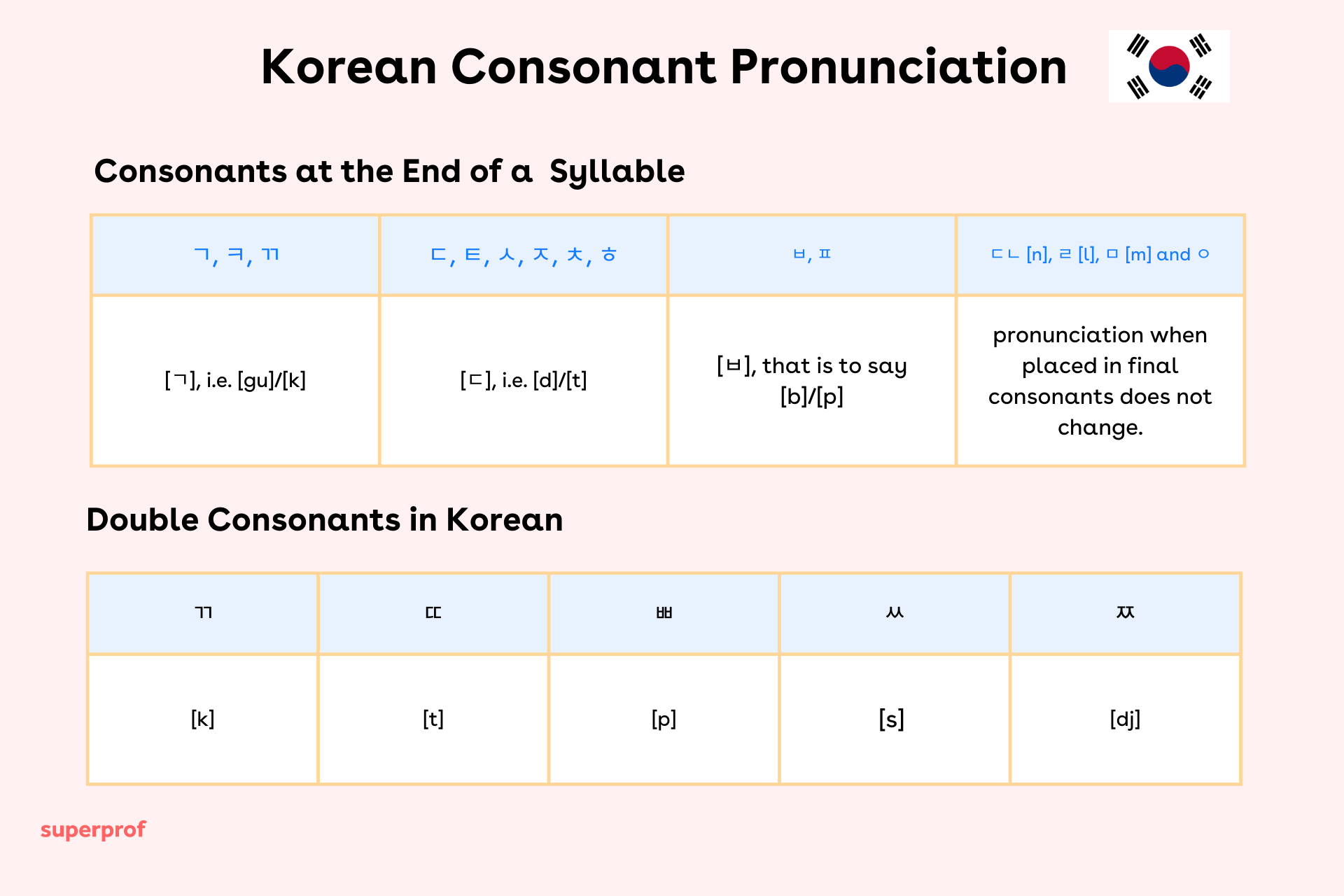
- ㄱ, ㅋ, ㄲ placed as a final consonant will be pronounced: [ㄱ], i.e. [gu]/[k]
- ㄷ, ㅌ, ㅅ, ㅈ, ㅊ, ㅎ placed as a final consonant will be pronounced: [ㄷ], i.e. [d]/[t]
- ㅂ, ㅍ placed as a final consonant will be pronounced: [ㅂ], that is to say [b]/[p]
- As for ㄴ [n], ㄹ [l], ㅁ [m] and ㅇ, their pronunciation when placed in final consonants does not change.
Now, what about double consonants?
Double Consonants in Korean
Another important rule of Korean pronunciation is of reinforcing the sounds of double consonants. There are five in number and they are the following consonants that have split
It's worth stating that double consonants are pronounced quite similarly to classic Korean consonants, except that they sound more “slammed”.

What are Korean Alphabet Liaisons?
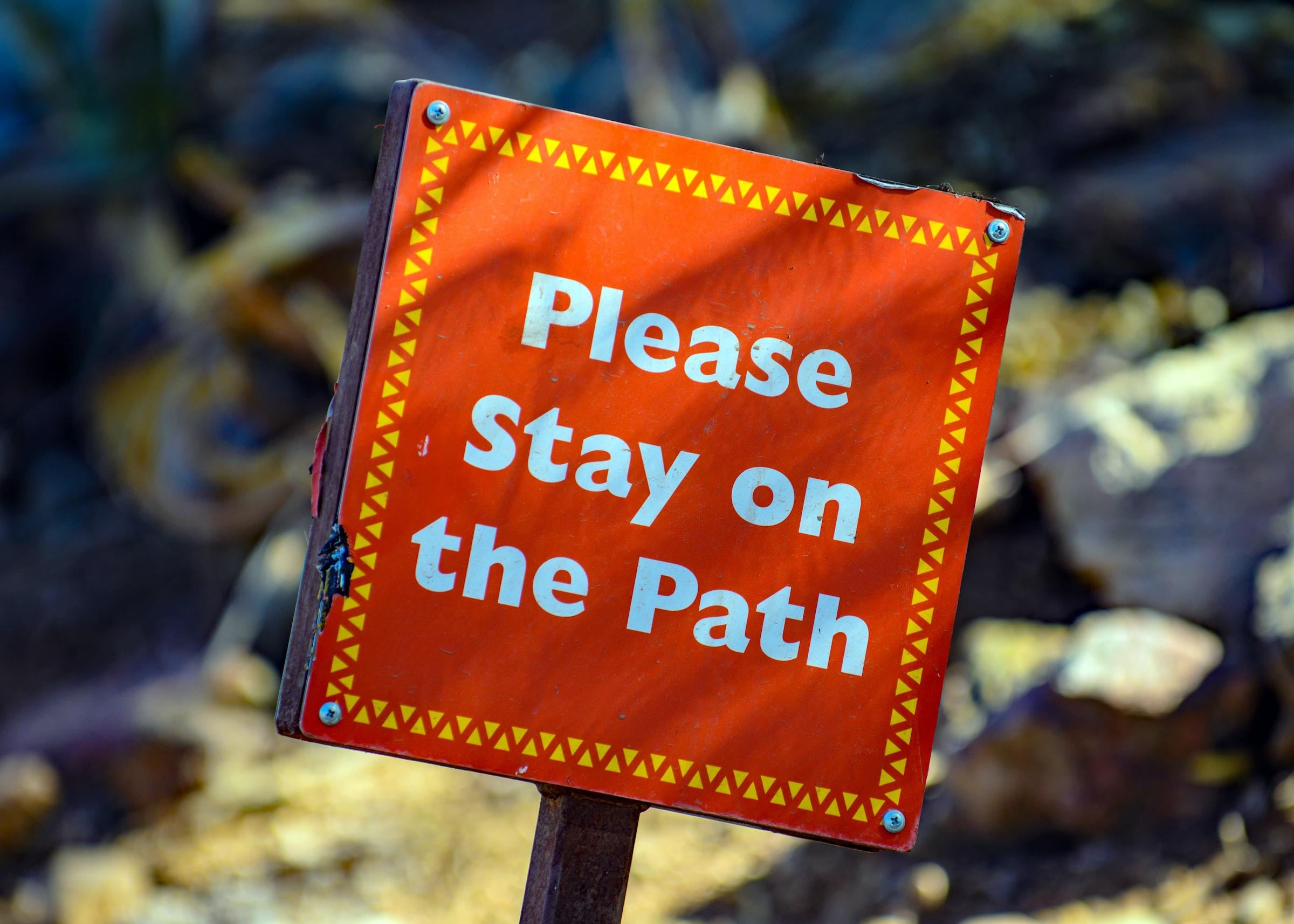
Now let's move on to another rule specific to Korean pronunciation: liaisons. What's the rule of liaisons? When a final consonant is followed by a vowel or the consonant ㅇ (which, as a reminder, is silent at the beginning of the syllable), then the final consonant replaces ㅇ. To put it another way, when a syllable ending with a consonant is before a syllable beginning with a vowel, then the final consonant takes the place of the first vowel.
Korean alphabet liaisons are some of the most common and important Korean pronunciation rules of this language. If it seems complicated to you, know that it will only require a little practice before being mastered. At this point, you might find it helpful to consult with a private Superprof Korean tutor.
What are Nasalizations in Korean Pronunciation?
Known as one of the final steps of mastering the Korean language, nasalizations are ever so important. But, how can they be understood? In some previous paragraphs, we just saw what happens when a final consonant is followed by ㄱ, ㄷ, ㅂ, ㅅ, or ㅈ.
Now let's see what happens when they are followed by ㄴ or ㅁ:
But, how can I drastically improve my Korean pronunciation skills? Let's take a look at the following subheading.
What are the Best Tips to Better Pronounce the Korean Alphabet?
After reading the preceding subheadings, you now know a lot of the pronunciation rules of the Korean language. Learning these pronunciation rules will take you between 30 minutes and 1 hour, or more, depending on your learning style. You will then have to train yourself to spot them through practice so that your pronunciation of the Korean alphabet becomes natural.
To assimilate pronunciation rules better and be able to quickly focus on learning vocabulary and sentence structure, here are helpful tips.
Make Yourself Korean Worksheets
One of the most effective ways to learn pronunciation rules for any language is by making yourself reference cards. Keep them in view while you're reading and working on your pronunciation, so you can check at a glance that you're not making mistakes.
Watch YouTube Videos About the Korean Language
Seeing other people speaking Korean is a great way to familiarize yourself with the pronunciation of the language. Dozens of videos on this topic are available on YouTube.
Watch TV Series and Movies in Korean
As was mentioned in the previous paragraphs, YouTube videos are a very good medium but don't forget to listen to Korean series or movies as well. Thankfully, since Korean TV series, movies, and music are all the rage right now, that won't be an issue!
The films and series developed in Korean are intended for those who speak the Korean language perfectly; therefore, it's a great way to get familiar with the pure pronunciation of the language. Little by little, you will accustom your ear to the language and this is one of the best ways, other than living in South Korea, to immerse yourself, improve your pronunciation and get used to the sounds of the language.
Record Yourself Speaking Korean
To measure your progress, you can also record and listen to yourself to pinpoint your difficulties. It's never very pleasant to hear your voice on playback, but you'll thank yourself in a few weeks when your recordings have helped you improve. And, above all, keep the recordings of yourself speaking Korean. Why's that? You will be delighted in a few months to see how much better your pronunciation is!
In conclusion, it's worth mentioning that the most important thing to perfect your pronunciation of the Korean language is to speak. Learn the correct pronunciation of vowels and consonants and keep going from there. We hope that you avidly enjoy your experience of studying Korean!
Summarise with AI:

